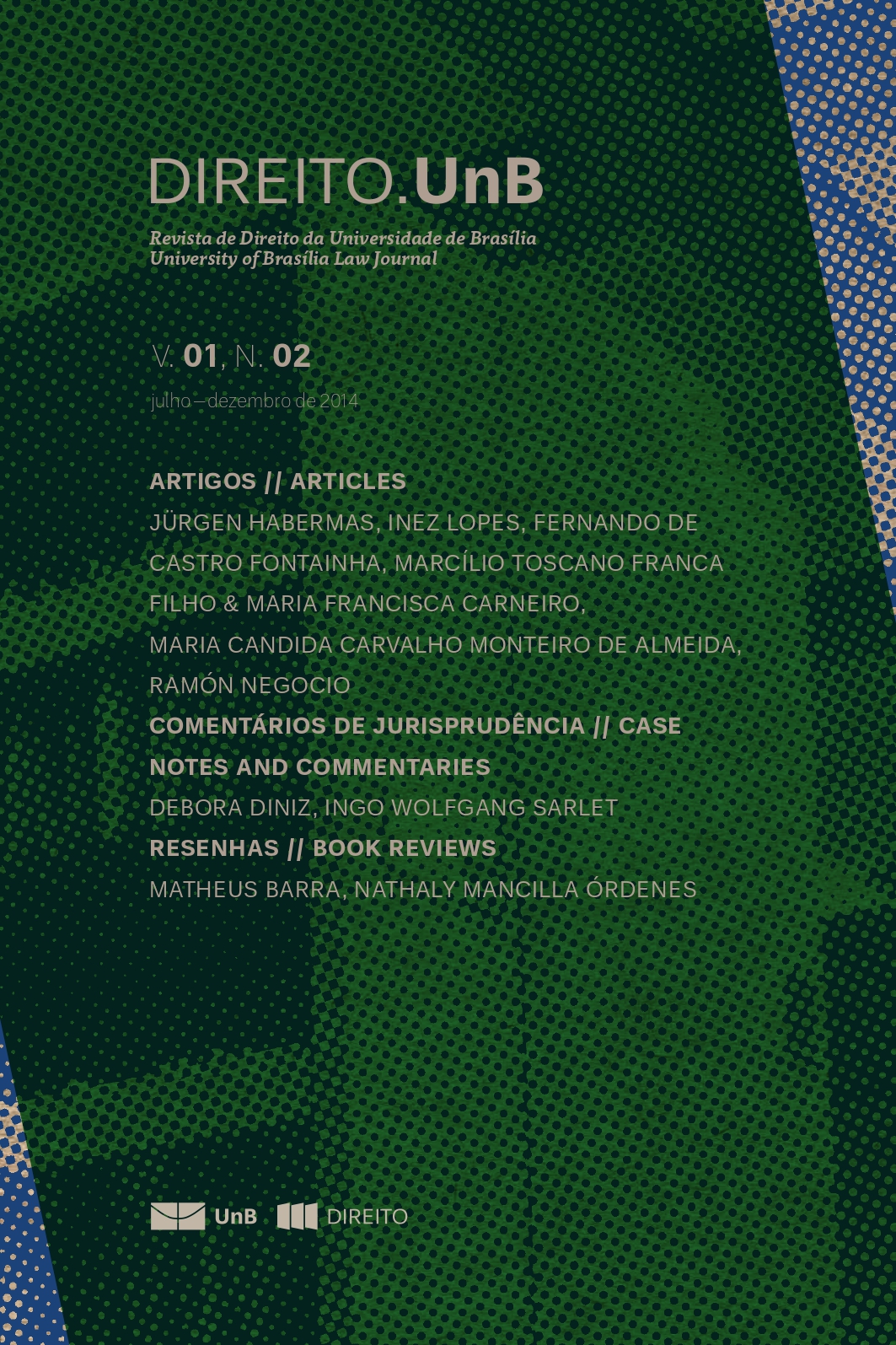Export processing zones and the law of the World Trade Organization
Keywords:
Export processing zones, World Trade Organization, Prohibited subsidies, Import duties, Exemption, Most Favoured Nation ClauseAbstract
Export processing zones (EPZs) are everywhere, in both developing and developed countries. Yet, it is not clear whether these zones are coherent with the Law of the World Trade Organization (WTO). One might assume such consistency, arguing that, if there were a violation regarding such an important trade issue, there would have already been a dispute brought to the WTO. However, it is argued that exactly because EPZs exist all around the world, generally, it is not in most countries’ best interest to raise this case. The conclusion is, in sum, that the exemption from import duties on goods, which is the most common feature that EPZs worldwide have in common, constitutes a prohibited export subsidy within the meaning of art. 3.1(a) of the Subsidies and Countervailing Measures Agreement. Nonetheless, it is also analysed whether there are some exceptional situations in which a prohibited export subsidy would be permitted and the implications of these findings.
---------------------------
Translated from English by the author.
Downloads

Downloads
Published
How to Cite
Issue
Section
License
Copyright (c) 2014 Direito.UnB - Law Journal of the University of Brasília

This work is licensed under a Creative Commons Attribution-NonCommercial-NoDerivatives 4.0 International License.
Autores que publicam na Revista Direito.UnB concordam com os seguintes termos:
- Autores mantêm os direitos autorais e concedem à revista o direito de primeira publicação, com o trabalho simultaneamente licenciado sob a Licença Creative Commons - Atribuição-NãoComercial-SemDerivações 4.0 Internacional que permite o compartilhamento do trabalho com reconhecimento da autoria e publicação inicial nesta revista.
- Autores têm autorização para assumir contratos adicionais separadamente, para distribuição não-exclusiva da versão do trabalho publicada na Revista Direito.UnB (ex.: publicar em repositório institucional ou como capítulo de livro), com reconhecimento de autoria e publicação inicial nesta revista.
- Autores têm permissão e são incentivados a publicar e distribuir seu trabalho online (ex.: em repositórios institucionais ou em suas páginas pessoais) a qualquer momento após à definição do processo editorial.
- Autores concordam que, eventualmente, seus trabalhos poderão ser agregados pela Revista Direito.UnB às bases e sistemas de informação científica existentes (indexadores e bancos de dados atuais) ou que existam no futuro (indexadores e bancos de dados futuros). Os detentores dessas bases de dados terão a possibilidade de realizar as seguintes ações sobre o artigo:
- Reproduzir, transmitir e distribuir o artigo, no todo ou em parte sob qualquer forma ou meio de transmissão eletrônica existente ou desenvolvida no futuro, incluindo a transmissão eletrônica para fins de pesquisa, visualização e impressão;
- Reproduzir e distribuir, no todo ou em parte, o artigo na impressão;
- Capacidade de traduzir certas partes do artigo;
- Extrair figuras, tabelas, ilustrações e outros objetos gráficos e capturar metadados, legendas e artigo relacionado para fins de pesquisa, visualização e impressão;
- Transmissão, distribuição e reprodução por agentes ou autorizada pelos proprietários de distribuidoras de bases de dados;
- A preparação de citações bibliográficas, sumários e índices e referências de captura relacionados de partes selecionadas do artigo;
- Digitalizar e/ou armazenar imagens e texto de artigo eletrônico.





